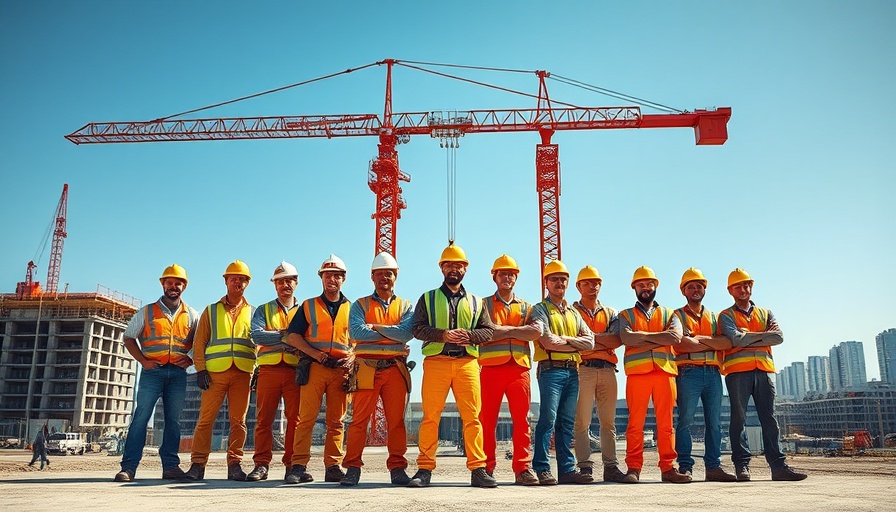
How AI is Reshaping Urban Planning
The cities of Los Angeles, Austin, and Honolulu are leaping into the future by harnessing the transformative power of artificial intelligence (AI) to revamp their permitting processes. As these municipalities tackle the challenge of long wait times for construction and environmental permits, they are turning to innovative solutions that promise to expedite reviews and approvals significantly.
Streamlining Permit Processes in Major Cities
Both Los Angeles and Austin have implemented AI technologies from Australia-based Archistar. This adoption is no mere trend; it reflects a critical response to escalating demand for quicker approvals amid growing urban development. After pilot programs, Austin officially embraced the technology in October 2024, while Los Angeles began its AI-driven permit review on April 30, signaling a significant shift towards efficiency and modernization in public services.
Honolulu's Vision for the Future
Honolulu is not lagging behind. Mayor Rick Blangiardi has hinted at upcoming enhancements to their permitting procedures that aim to reduce bureaucratic delays. These upgrades are expected to roll out later this year, showcasing how AI can empower city officials to react faster to the needs of their communities.
A National Trend Driven by Technology
This shift in local governments echoes a broader national trend as the federal government also seeks to refine its permitting processes. Encouraged by previous administrations, there’s a growing recognition that AI technologies can play a crucial role in enhancing the efficiency and efficacy of environmental and construction-related permits. The use of AI not only helps in cutting down bureaucratic strangleholds but also aligns with modern-day expectations for service delivery efficiency.
Real-World Examples of AI in Action
By examining the initiatives taken by these cities, we can glean important insights into how AI can be practically applied. For instance, in Los Angeles, where wildfires have threatened the community, faster permit approvals could mean quicker recovery and rebuilding efforts. Such swift actions directly connect with the community’s resilience and safety — demonstrating how effective governance can change lives.
Potential Challenges Ahead
While the benefits of AI-driven permit processes are evident, challenges are not far behind. Privacy concerns, algorithmic bias, and potential job displacement for workers in the traditional permitting system are pressing issues that need careful consideration. As municipalities adopt these technologies, balancing efficiency with equity will be paramount.
Looking Forward: What’s Next for Urban Planning?
As cities across the country begin to embrace AI, the conversation should focus on long-term strategies rather than short-term fixes. Will this change pave the way for a consistently rapid approval process, or will it solve only a fraction of the existing delays? Much will depend on the adaptability of both the technology and the people who use it.
Conclusion: The Call for Informed Action
As various municipalities explore AI’s potential to reshape urban planning and permitting, contractors and homeowners alike should be informed about these advancements. Understanding how these changes impact project timelines could position you cleverly in a rapidly evolving market. Now is the time for homeowners and contractors alike to engage with these developments to benefit from the seemingly endless opportunities AI presents.
 Add Row
Add Row  Add
Add 




Write A Comment